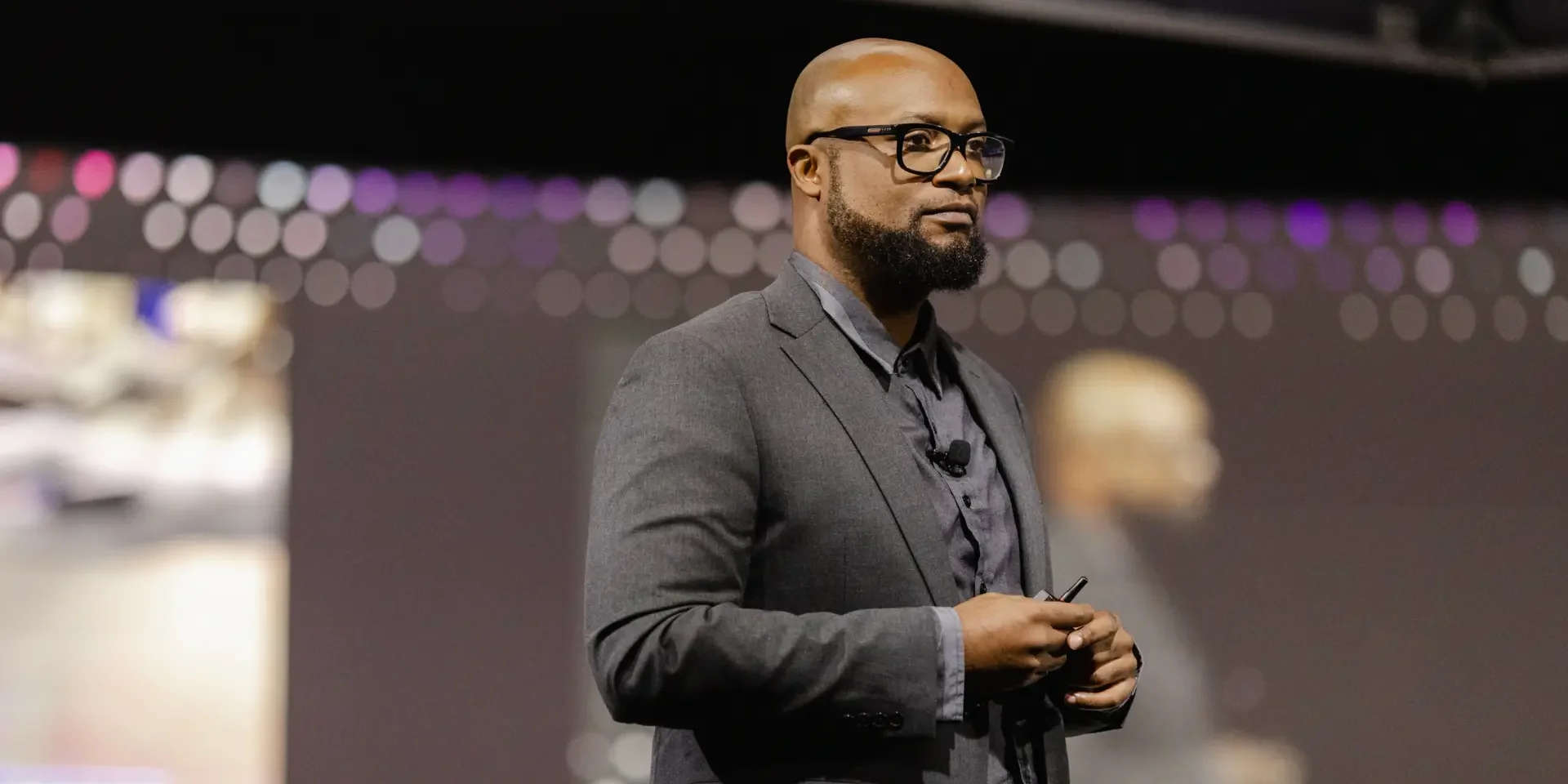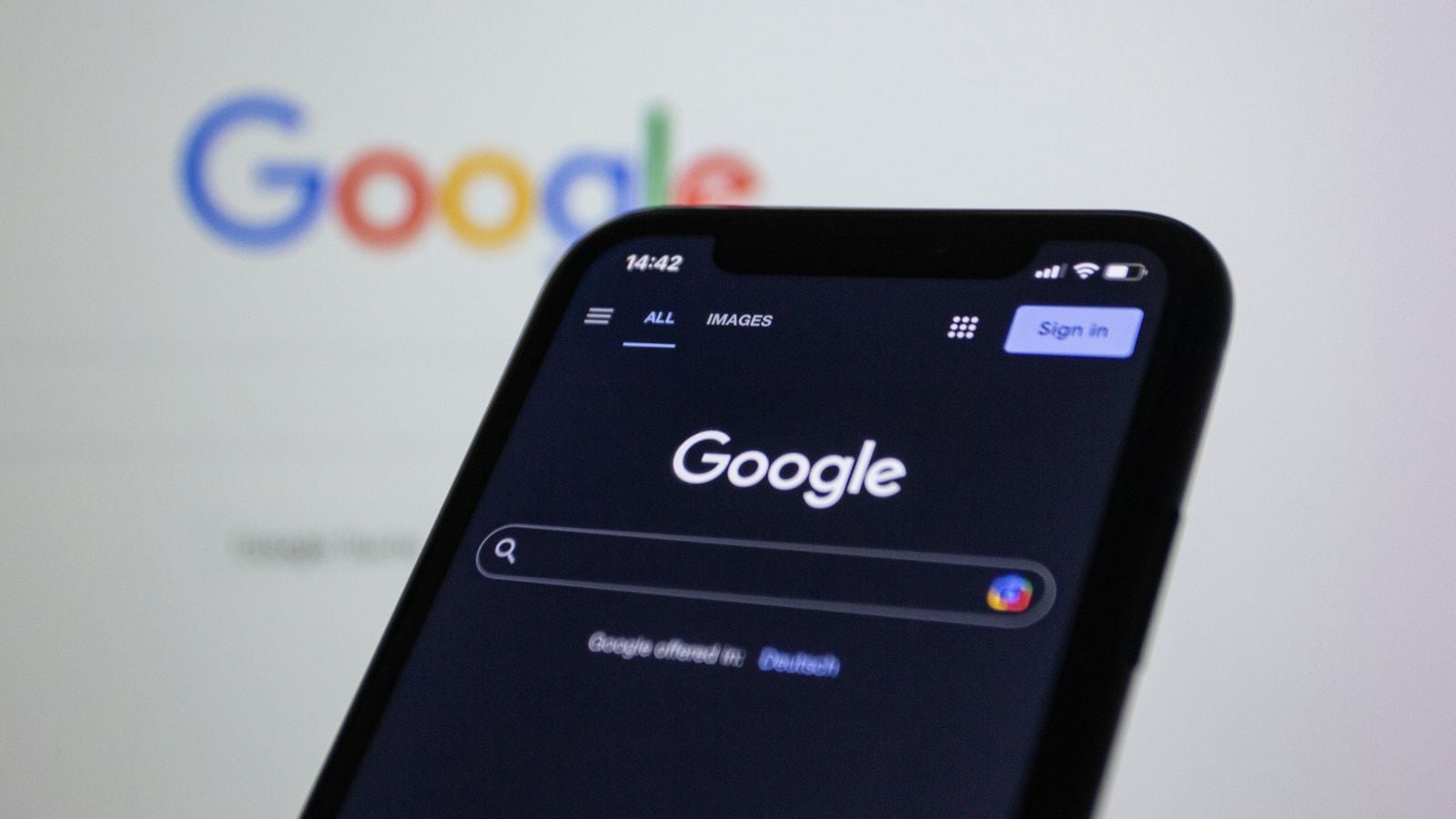- TECHSWU
- Posts
- TECHSWU
TECHSWU

Looking to declutter your tech drawer this spring? Discover the best places to sell your used gadgets and earn some cash while you're at it! From streamlined trade-in sites like Decluttr and Back Market to instant cash kiosks like ecoATM, there’s a perfect option for everyone. Want a personal touch? Try Swappa or eBay to sell directly to buyers—just set your own price! Retailers like GameStop and Best Buy also provide convenient trade-in programs, though primarily in store credit.
For those wanting cash quickly, ecoATM offers immediate payouts at local kiosks. If you’re an Apple user, their trade-in program gives you great credit towards your next device.
Remember to factory reset your gadgets and back up your data before selling.

YouTube is stepping up its game with the launch of the Youth Digital Wellbeing initiative, aiming to create a safer online environment for young users. This exciting initiative brings together industry leaders to enhance the quality of age-appropriate content that supports education, digital citizenship, and overall wellbeing.
YouTube emphasizes the importance of nurturing positive online experiences by promoting enriching content while actively restricting access to harmful material. The platform also underscores its commitment to empowering youth by offering tailored resources for families, encouraging healthy screen time, and providing guidance on sensitive topics.
With this initiative, YouTube aims to lead the charge in responsible content creation and safeguard the diverse needs of young audiences worldwide, ensuring that their online interactions are both safe and enriching.


Join tech futurist Sean Watson at the upcoming Prairie Family Business Association conference in Sioux Falls from April 30 to May 1, where he’ll explore how artificial intelligence (AI) can revolutionize family businesses. As the senior VP at Trend Hunter, Watson will share insights on generative AI and its potential impact on productivity, creativity, and ROI.
Despite a slow adoption rate—only 13% of local firms have implemented AI—Watson emphasizes the transformative possibilities, citing examples like a large company saving $60 million through AI automation. He encourages family businesses to experiment, automate tedious tasks, and embrace innovative strategies to stand out in today's competitive landscape.
Attendees will leave inspired by the accessible ways to integrate AI and ready to tackle the future of technology without fear.

In a bold move to protect renters, the Berkeley City Council has passed an ordinance banning the use of artificial intelligence tools for setting rental prices. This decision, made during their March 11 meeting, aims to combat unfair market manipulation that drives rents higher.
Councilmember Ben Bartlett emphasized that while technology itself can be impartial, its application can lead to exploitation if not carefully monitored. Landlords using these “rent-pricing algorithms,” linked to price-fixing strategies, could face fines of $1,000 per violation.
This action aligns Berkeley with other cities like San Francisco and San Diego, which are also scrutinizing the impact of such technology on housing affordability. The city’s decision is part of a broader push to ensure that AI benefits communities rather than undermines them, challenging tech companies like RealPage that defend their practices amid claims of market manipulation.

Get ready to level up your health research! Google has just rolled out an exciting new feature in its Search app called "What People Suggest." This AI-driven tool aims to enhance your online health discussions by summarizing insights from patients with similar health conditions.
If you're curious about how others manage arthritis, for example, this feature will help you find relevant experiences organized into clear, digestible themes.
Currently available only on mobile in the U.
S., "What People Suggest" offers a glimpse into real patient perspectives while directing you to additional resources.
Alongside this, updates to knowledge panels also ensure that thousands of health topics are now covered in multiple languages.
However, users are cautioned to verify health information, as studies have shown that AI-generated summaries can sometimes be misleading.

In a groundbreaking move, Google has announced its largest acquisition to date, set to purchase cybersecurity firm Wiz for a staggering $32 billion. This all-cash deal marks a significant shift as Google aims to bolster its cloud security offerings amidst the rapidly evolving landscape of artificial intelligence.
Originally in talks for a $23 billion deal last summer, the partnership gained traction as Wiz, known for its innovative cybersecurity solutions, experienced meteoric growth since its inception just five years ago. Founded by ex-Israeli Defense Forces cyber intel operatives, Wiz's mission is imperative in today’s fast-paced cybersecurity realm.
This monumental acquisition not only eclipses Google's previous record—its $12.5 billion buy of Motorola in 2012—but also signals a potential revival in big tech deal-making, following a period of tight regulatory scrutiny.
The industry is abuzz, eager to see how this strategic play will shift the balance in the tech universe.

A recent review by researchers at Stony Brook University warns that while AI holds promise for enhancing healthcare equality, it risks widening existing disparities if not approached carefully. Dr.
Ana Costa and her team highlight several pitfalls: economic barriers may exclude low-income families from AI-enhanced care, while the opaque "black box" nature of AI could alienate underserved populations. Additionally, AI in palliative care may lack the compassion needed during critical end-of-life decisions.
Many AI systems are developed in affluent countries, failing to consider the unique contexts of low- and middle-income nations. Ultimately, the authors stress that to bridge gaps in access, it is crucial for healthcare providers to ensure diverse data and inclusive algorithms.
Building trust among patients and healthcare professionals is essential, particularly in marginalized communities, to harness AI's potential for equitable healthcare. Collaboration is key to shaping a future where AI truly benefits all.